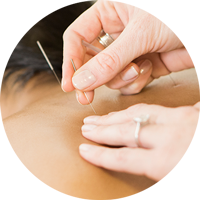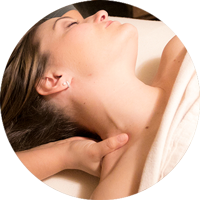If you’re wondering if you are addicted to sugar, you may have experienced sugar addiction symptoms like cravings, loss of control, and overeating.
It’s no surprise that you have felt a strong yearning for the sweet stuff. It’s eight times as addictive as cocaine and essentially, sugar hijacks our brain to make us want more. [Check out the video at the end of this article from TED to see how.]
When we eat a lot of sugar, the pleasure center of our brain surges with dopamine. As time goes on, it requires more and more of the sugary stuff to get the same reward and so come the cravings. The simple fact is foods that spike blood sugar are proving to be biologically addictive.
With 600,000 processed foods in the marketplace, we are aware that processed foods make up 70 percent of the American diet. Eighty percent of these foods have hidden sugar. You may think you’re in the clear, but sugar is the major ingredient manufacturers sneak in to make bad ingredients taste better. From yogurt to tomato sauce, added sugar is hard to escape.
Sugar has no major health benefits, yet we’re consuming approximately 22 teaspoons of it day – about 355 extra calories a day. Beyond everything your dentist has warned you about, sugar has been linked to heart disease, diabetes, belly fat, liver issues, obesity and a number of major health concerns, making it the new “silent killer.” Sugar cravings can be one of the major reasons people have a hard time losing weight and staying healthy.
Here are a few key indicators from Dr. Mark Hyman, a leading expert in Functional Medicine, and BodyEcology that you may be addicted to sugar and processed foods:
You consume certain foods even if you are not hungry because of cravings.
You make excuse for sugar. (But everything else is healthy!)
You worry about cutting down on certain foods.
You feel sluggish or fatigued from overeating.
To satisfy your sweet tooth, you make special trips to the store of coffee shop.
You have health or social problems (affecting school or work) because of food issues and yet keep eating the way you do despite negative consequences.
For motivation, you reward yourself with something sweet.
You have tried to stop eating sugar and you can’t.
You need more and more of the foods you crave to experience any pleasure or reduce negative emotions.
You have a secret sugar stash, or you binge on sugar when you’re alone.
If you’re suffering from sugar overload, experts recommend undergoing a detox. In preparation for the launch of an Aligned Modern Health Sugar Detox, we’re sharing tips from our experts in Functional Medicine that will help get you in gear for a clear path to detox from sugar. To learn more about taking the steps to break your addiction to sweets and the future of health care treatment through Functional Medicine, click here to schedule a complimentary consultation with one our doctors. We’re committed to helping you get to the root cause of your health concerns instead of simply treating your symptoms. Our goal is to help you understand how your body functions and provide you with a clear path to get it back in balance!
When you eat something loaded with sugar, your taste buds, your gut and your brain all take notice. This activation of your reward system is not unlike how bodies process addictive substances such as alcohol or nicotine — an overload of sugar spikes dopamine levels and leaves you craving more. In this TED clip, Nicole Avena explains why sweets and treats should be enjoyed in moderation.








